Not yet captured the market
Although the quality of the product is considered good and suitable for consumers' tastes, the printed cake product (3-star OCOP) of the Van Long business household (Binh Trinh Dong commune, Tan Tru district, Long An province) is still mainly consumed in the provincial market, through wholesalers and regular customers. On average, this business household supplies the market with about 10-15 tons of products/year.
According to the owner of Van Long business - Duong Thi Anh Tho, "our products are of good quality, but because we cannot actively control the market, we only produce seasonally and when there are orders."
Products of Van Long business household (Binh Trinh Dong commune, Tan Tru district) are mainly consumed in the province.
Similarly, the beef jerky product (3-star OCOP) of 8 Ben Beef Jerky Production Facility (Hoa Hiep 2 Hamlet, Hiep Hoa Commune, Duc Hoa District) is also not proactive in the market, mainly made to order and delivered to familiar customers in small quantities.
The owner of the Tam Ben beef jerky production facility - Ho Van Ben said: "Currently, the difficulty of the facility is the problem of product output because the source of raw materials, labor, equipment, ... are all available but the consumption of the product is quite slow. Almost only during the Tet season does the facility have orders. Therefore, the facility really hopes to be supported in connecting consumption, ensuring stable output."
With available manpower, materials, and equipment, the 8 Ben Beef Jerky Production Facility (Hoa Hiep 2 Hamlet, Hiep Hoa Commune, Duc Hoa District) is only short of orders (In the photo: Workers at the 8 Ben Beef Jerky Production Facility dry seasoned meat on a drying rack)
Established in 2022 with the goal of bringing local lotus products to markets inside and outside the province, however, Hai Nhon Lotus Agricultural Service Cooperative (Nhon Hoa commune, Tan Thanh district) is still struggling to find outlets for its products. Director of Hai Nhon Lotus Agricultural Service Cooperative - Ngo Thi My Dung informed: “Previously, local people mainly grew lotus for mirrors and sold them to traders in Dong Thap province, so it was quite unstable. Therefore, we established the cooperative to help people have a place to consume lotus.
Currently, the cooperative has 15 members, growing 30 hectares of lotus, with two products, lotus powder and lotus heart tea, recognized as 3-star OCOP. The cooperative is making efforts to promote and connect to find outlets for local lotus products.
At the Muoi Hai Safe Vegetable Cooperative (Long Khe Commune, Can Duoc District), green mustard products (OCOP 4 stars) often fall into difficult-to-sell situations. Chairman of the Board of Directors and Director of Muoi Hai Safe Vegetable Cooperative - Le Van Giay shared: "Currently, the cooperative has 30 hectares of vegetables, providing the market with an average of 1-2 tons of safe vegetables and 400-500 kg of organic vegetables every day.
Regarding OCOP products, many customers still do not know what OCOP certification is and why OCOP vegetable products are more expensive than similar products, making them difficult to sell.
The difficulty of the Muoi Hai Safe Vegetable Cooperative (Long Khe commune, Can Duoc district) is that consumers do not clearly understand the quality of OCOP products (In the photo: Workers of the Muoi Hai Safe Vegetable Cooperative process green cabbage - a product that achieves 4-star OCOP)
In general, product development and finding outlets for OCOP products in the province still face many difficulties. In particular, the majority of production and business households registered to participate in the OCOP Program have small and scattered production capacity, limited management skills and knowledge, and find it difficult to adapt to the market mechanism.
Many entities have not applied science and technology to the production process , mainly semi-manual and manual production. Along with that, there has been no planning to build raw material areas to ensure proactive service for commodity production; there is no creativity to have new OCOP products, many products are highly similar, packaging and designs lack creativity, and have not attracted customers. Therefore, many OCOP products of the province have difficulty entering large markets or have had a consumer market but are still struggling to affirm their position, quality and competitiveness with similar products.
According to information from the Department of Agriculture and Environment, up to now, the whole province has 247 OCOP products; of which 51 products have achieved 4-star rating and 196 products have achieved 3-star rating, focusing on industry groups such as food, beverages, herbs, handicrafts, etc.
According to Deputy Director of the Department of Agriculture and Environment - Dinh Thi Phuong Khanh, to build and develop an OCOP product, the subject needs to meet a number of conditions such as continuous production, high economic value, contributing to increasing income for people and having regional characteristics. Therefore, to build OCOP products, localities must rely on actual conditions, identify key products and have appropriate production area planning.
Need to clear the outlet
Director of Long Chau Agricultural Products Import-Export Processing Company (Tam Vu town, Chau Thanh district) - Nguyen Ngoc Phan said that in the past, dragon fruit was mainly exported fresh to the Chinese market but prices often fluctuated. Faced with this situation, he started producing dried dragon fruit for export and offered it to a number of markets such as Singapore, Malaysia, Thailand, Japan, France, etc. and received positive feedback. Currently, the company has linked growing areas with Duong Xuan Cooperative (Duong Xuan Hoi commune, Chau Thanh district) and has 2 products: dried dragon fruit and dried papaya that have achieved 3-star OCOP certification.
“The company has been making efforts to improve product models and processing procedures to meet the standards set by the import market. During this process, the company really needs the support and guidance of functional departments in standardizing production processes and connecting product consumption,” Mr. Nguyen Ngoc Phan shared.
Workers of Long Chau Agricultural Products Import-Export Processing Company Limited (Tam Vu town, Chau Thanh district) pack dried dragon fruit.
According to information from the Department of Industry and Trade, to support OCOP entities, the Department coordinates with relevant departments, branches and units to organize and participate in many promotional conferences so that the province's OCOP products have more opportunities to connect and exchange with potential partners.
In addition, the subjects are also supported to improve product quality, innovate design, packaging, build product labels, etc., thereby helping the subjects find reputable product consumption units in the domestic market. Currently, many OCOP products of the province have been introduced to the market through many different channels such as retail, online, stores, supermarkets, etc., bringing in quite a lot of revenue.
Along with that, the departments, branches and localities of the province have integrated and considered funding sources to support entities investing in machinery, technology, innovating packaging designs, registering quality standards, etc. to develop highly competitive OCOP products.
Deputy Director of the Department of Industry and Trade - Chau Thi Le said that along with efforts to find export markets, the province has also implemented many solutions to develop the domestic market, promote the circulation of goods, enhance the connection between production and the market according to the supply chain such as providing information on the supply of goods, especially agricultural products of the province to the Ministry of Industry and Trade; coordinating with trade counselors in many countries to connect consumption for agricultural products; introducing Long An enterprises to participate in stabilizing the market of major provinces and cities in the country;...
On the other hand, OCOP producers also need to proactively standardize and improve product quality, actively put their products on websites and e-commerce platforms to promote and connect with consumers.
“In the coming time, the Department of Industry and Trade will continue to coordinate with the Department of Agriculture and Environment and related departments and branches to strongly implement the OCOP Program, especially connecting to find output for products to increase added value, improve production and business efficiency for OCOP entities” - Ms. Chau Thi Le added./.
Wisdom
Source: https://baolongan.vn/giai-bai-toan-dau-ra-chia-khoa-de-ocop-vuon-xa-a193424.html


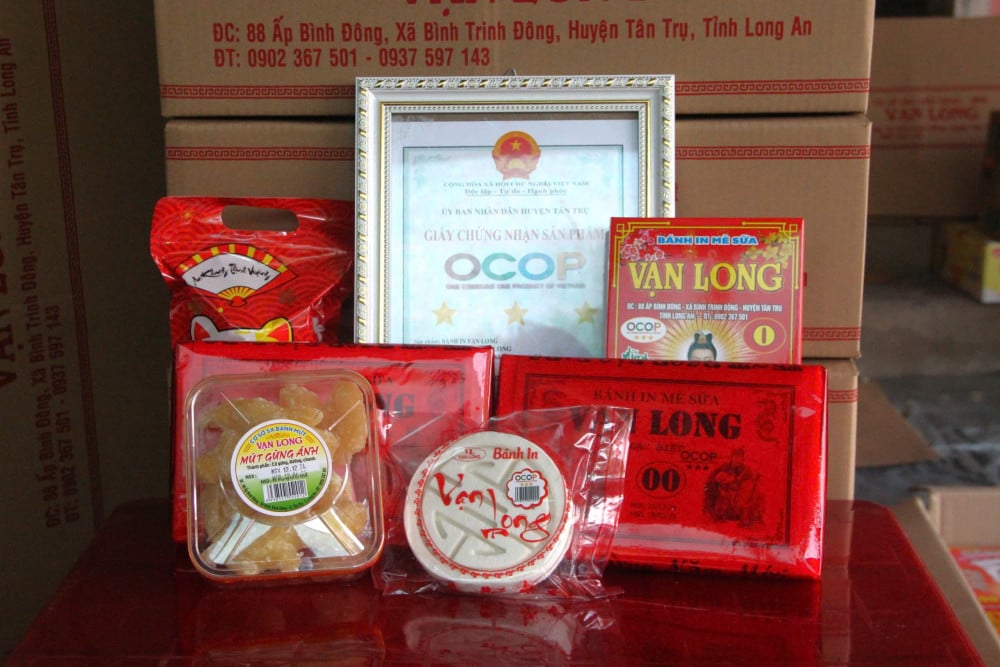
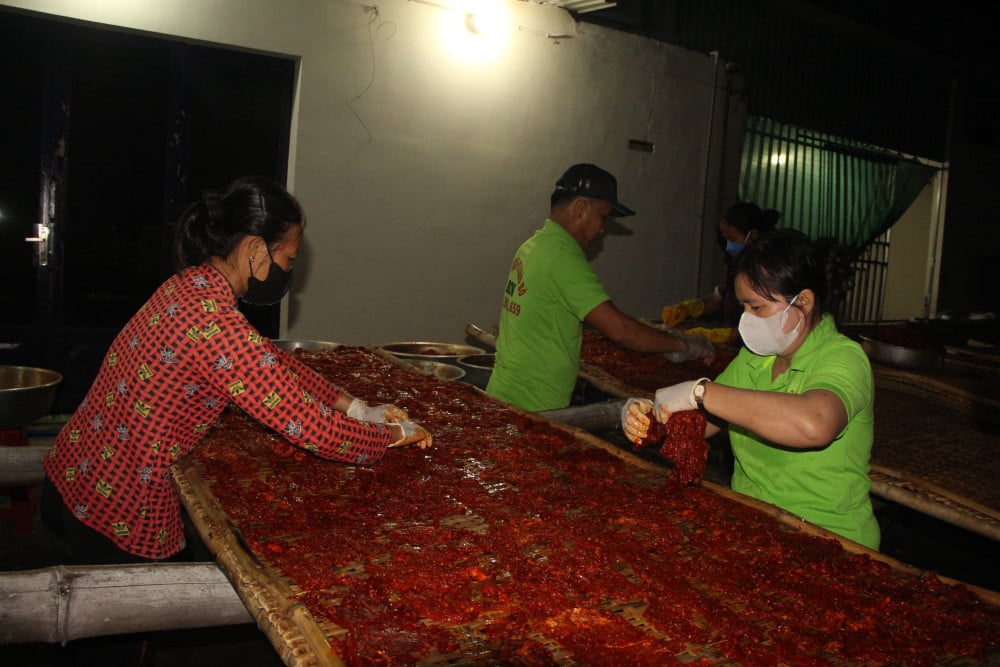
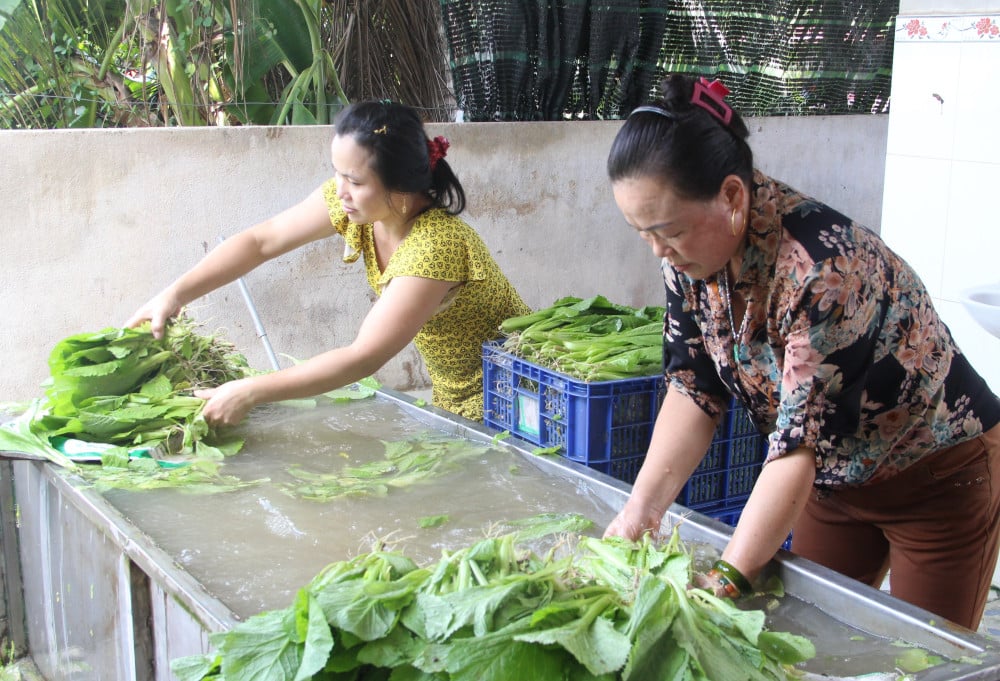
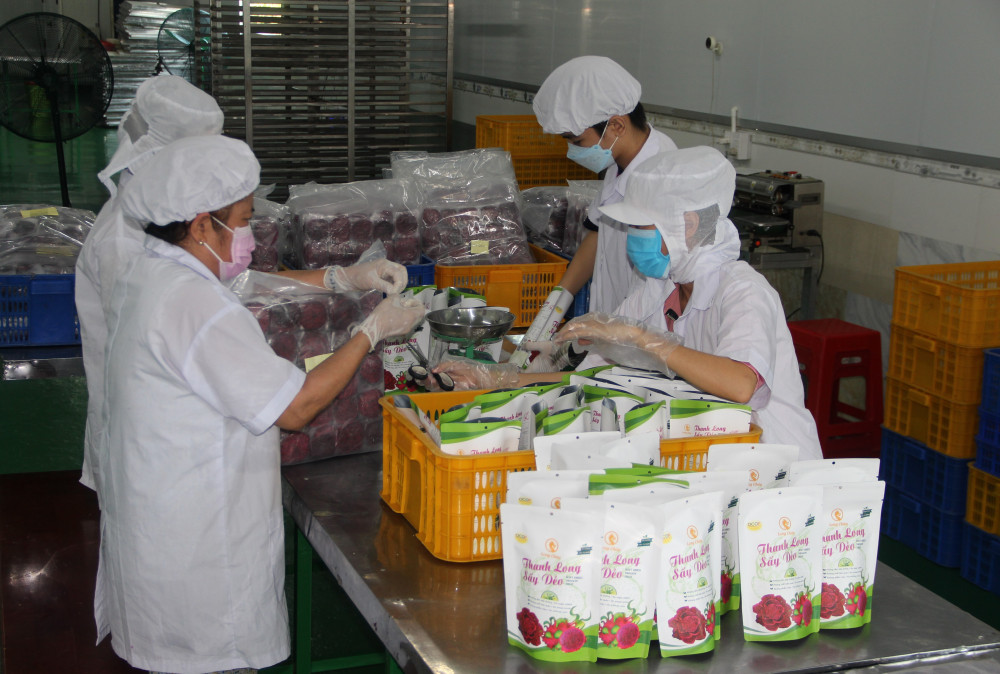
![[Photo] General Secretary To Lam receives French Ambassador to Vietnam Olivier Brochet](https://vstatic.vietnam.vn/vietnam/resource/IMAGE/2025/4/17/49224f0f12e84b66a73b17eb251f7278)

![[Photo] Closing of the 4th Summit of the Partnership for Green Growth and the Global Goals](https://vstatic.vietnam.vn/vietnam/resource/IMAGE/2025/4/17/c0a0df9852c84e58be0a8b939189c85a)
![[Photo] National Assembly Chairman Tran Thanh Man meets with outstanding workers in the oil and gas industry](https://vstatic.vietnam.vn/vietnam/resource/IMAGE/2025/4/17/1d0de4026b75434ab34279624db7ee4a)
![[Photo] Promoting friendship, solidarity and cooperation between the armies and people of the two countries](https://vstatic.vietnam.vn/vietnam/resource/IMAGE/2025/4/17/0c4d087864f14092aed77252590b6bae)
![[Photo] Nhan Dan Newspaper announces the project "Love Vietnam so much"](https://vstatic.vietnam.vn/vietnam/resource/IMAGE/2025/4/17/362f882012d3432783fc92fab1b3e980)
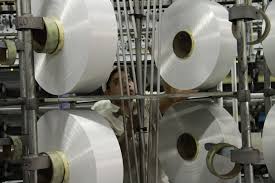









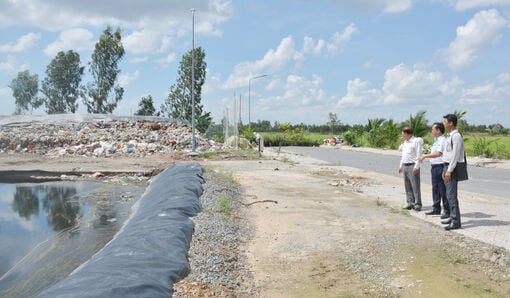

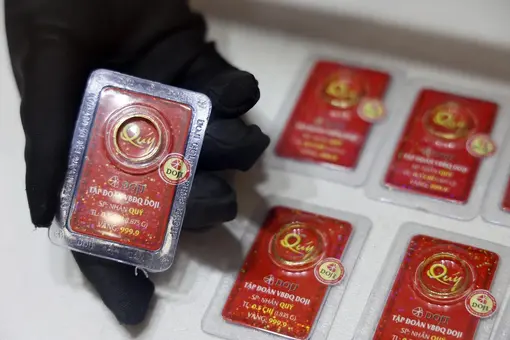
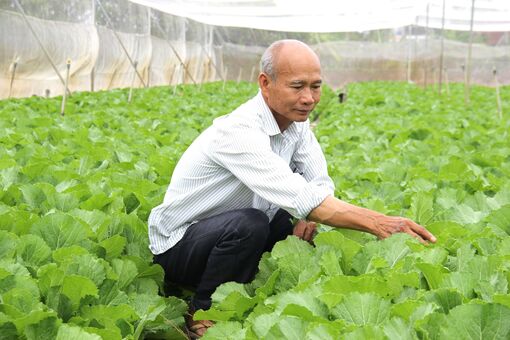


![[Photo] Welcoming ceremony for Chinese Defense Minister and delegation for friendship exchange](https://vstatic.vietnam.vn/vietnam/resource/IMAGE/2025/4/17/fadd533046594e5cacbb28de4c4d5655)




























![[Video] Viettel officially puts into operation the largest submarine optical cable line in Vietnam](https://vstatic.vietnam.vn/vietnam/resource/IMAGE/2025/4/17/f19008c6010c4a538cc422cb791ca0a1)






































Comment (0)